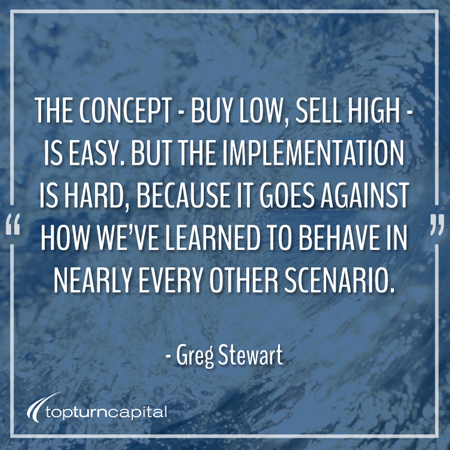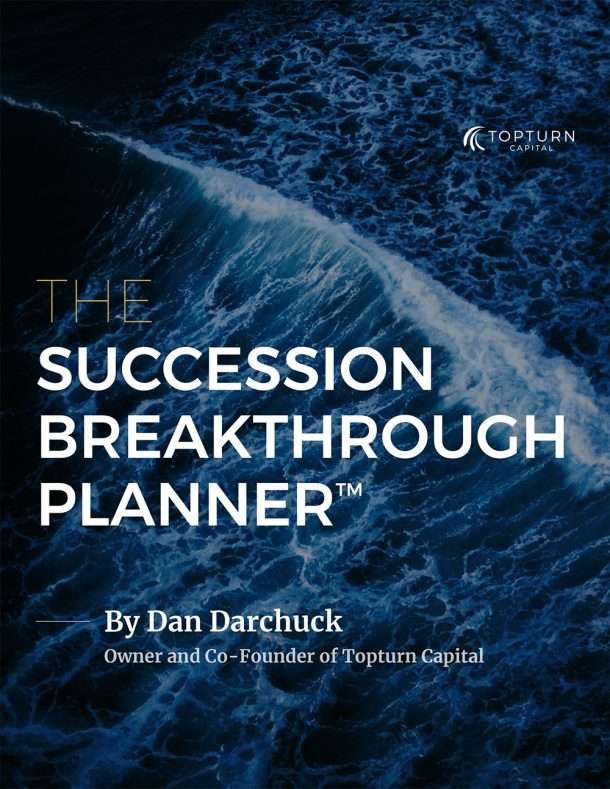On a cold day in late December 2011, a wild wolf was confirmed in California for the first time in nearly a century. Wildlife officials have indicated that the lone male wolf, dubbed OR-7, made the long, solo journey to the state from northeastern Oregon. We all imagine ourselves as unique individuals. Most of us, in some way like to think of ourselves as human versions of OR-7, walking our own road, unlike anyone else.
While it’s true that we all have specific characteristics that distinguish us from the crowd, the majority of us comply with some set of rules most of the time. From stopping at traffic lights, to attending school and work, to walking on the sidewalks instead of the grass, choosing to be harmonious with the people around us is important to maintaining the structure of our society.
We are all motivated to conform, and the reasons we conform are all very similar. We conform to be socially accepted and avoid rejection, to accomplish group goals, establish and maintain our identity, to align ourselves with others we admire, and – most importantly, at least for this discussion – to be correct. We love being right.
We all aim to be accurate and correct in our judgements and observations, and we frequently rely on social cues to aid us in analyzing the situations we face. In a 1996 study on conformity, researchers sent several tasks to their student volunteers. When given a task of low difficulty, the students relied less on social supports and more on their own knowledge and experience. When given tasks of greater difficulty, the students relied more heavily on those around them for cues on how to arrive at the right answer. The reality is that we all react in the same way.
Wisdom can be found in crowds, and listening to multiple perspectives while making decisions can also be wise. But sometimes, crowds lead us astray. Nowhere is this more acute than in investment management. This is definitely one place where you will emerge victorious with far more frequency when you make a lone wolf decision, and run in a different direction from the pack.
Recently, we were reviewing a specific group of Exchange Traded Funds (ETFs). These ETFs were large enough that they had decent trading data over the past 5 years. Out of the 1200 or so of these ETFs we reviewed, only four of them ranked in the “oversold” or “unloved” arena. The balance of the others were performing remarkably well, showing an incredible – albeit potentially unsustainable – rate of growth.
If you were sitting on the sidelines, with cash in your hands, you might look at the large group of “hot” ETFs and think, “somebody knows something that I don’t”. You might see this as a large group of investors, many with access to research you don’t have, many with access to information the others don’t have, and all of them are throwing their money at this group of ETFs. You might want in.
If you turned another direction and started looking at those four ETFs that were not doing so well, you might see that they were all overly weighted in a particular type of industry or sector, one that has not really given anyone a decent return for some time, with media reporting that the influential bodies that make decisions over that industry are not indicating significant change anytime soon. This investment type looks to be going nowhere. Investors are finding other places to put their money.
Our natural, and fairly logical, response is to put our money where the group is putting theirs, in the 1,196 funds that are doing well, despite the potential for continued growth being unsustainable. We are reliant on the belief that the crowd has, across that wide range of people, access to a collection of knowledge that is pointing everyone in the right direction. Those same people are staying away from that other investment type, because it hasn’t made anyone money for years,
It’s very, very difficult to fight against our instinct and desire to join the herd. It’s hard to be contrarian – it simply doesn’t seem to make great sense.
The reality, however, is that we make money in the markets when we sell high and buy low. That means someone else has to like what you’re selling well enough to buy it when it’s high, and dislike what you’re buying well enough to sell it for cheap.
That means you have to sell the investments that other people are buying. The ones that people say you’re crazy to leave, right now, when the party’s just getting started.
That means that you have to be interested in ideas that others are not. That means that you have to put your money in the places that other people are getting out of – where they’re selling cheap because they don’t agree with you on where it’s going. Environments that present opportunities are those that look less-than-fantastic at first glance. They’re the ones investors might be walking away from, or aren’t even aware of. We know this intellectually, but to take that risk, when everyone else thinks it’s a bad idea, is incredibly difficult.
When it comes to making good judgement calls and great decisions, investment can be one of the most difficult arenas in which to practice. It requires not only diligence and process, information and analysis, but also the incredible mental strength to go against everything that our nature tells us to do: follow the crowd. Taking advice from multiple sources and then making a decision seems only logical. But doing this is exactly how investors end up with portfolios that simply follow the market through its exciting rises… and harrowing falls.
The investor who consistently makes decisions away from the crowd, following their own process, and making, what may at times seem like offbeat decisions, is far more likely to win.
The concept – buy low, sell high – is easy. But the implementation is hard, because it goes against how we’ve learned to behave in nearly every other scenario. Being a lone wolf means that there are times when you can see the rest of the pack, over there, enjoying a feast at which you chose not to attend.
But it also means there will be times when you are enjoying a much larger feast, and are the only guest at the table.
– Greg Stewart, CIO


